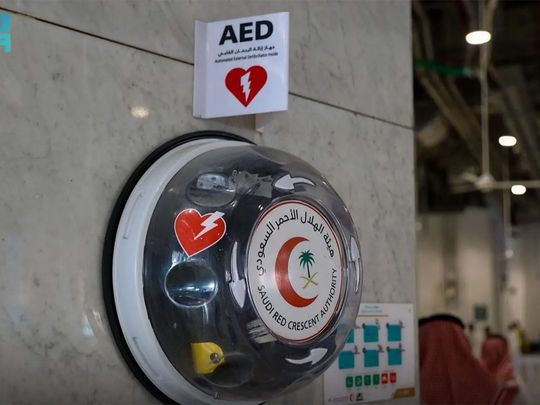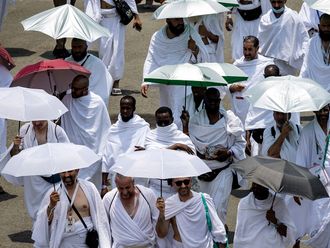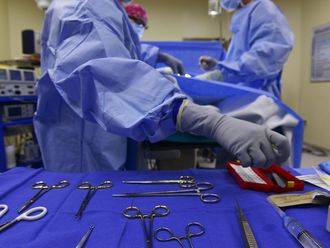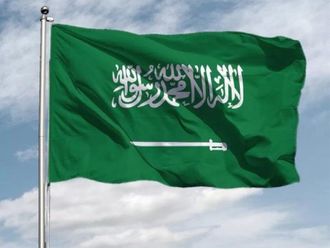
Cairo: Fifteen life-saving medical devices have been installed across the Grand Mosque, Islam’s holiest site, which is a major destination for Muslim worshippers, to treat people experiencing cardiac emergencies.
The automated external defibrillators (AEDs) handled 19 such cases last year after they were used by volunteers, pilgrims or staff inside the sprawling mosque, the Saudi news agency SPA reported.
The units are installed at vital places at the Grand Mosque, frequented by millions of Muslims from across the globe around the year to offer prayers and perform Umrah or minor pilgrimage.
Five AEDs are to be found at the main gates of the mosques, five others at the mataf or circumambulation area around the Holy Kaaba, and additional five at the Third Extension of the mosque.
Also read
- Saudi Arabia: Children’s prams banned at Grand Mosque’s encircling site
- Saudi Arabia gears up for safe Hajj season with early security preparations
- Hajj 2024: Saudi Arabia starts Hajj Season operations
- Saudi Arabia permits conducting marriage contracts at Grand Mosque in Mecca and the Prophet’s Mosque in Medina
The AEDs are a vital part of medical facilities employed for life saving in emergencies especially when a person experiences a sudden cardiac arrest. The device delivers an electric shock to restore the heart rhythm to normal.
In 2021, Saudi authorities started installing the easy-to-use devices at the Grand Mosque
Handling them does not require medical background.
The numbers of Umrah pilgrims reached record 13.5 million last year, Saudi Minister of Hajj and Umrah Tawfiq Al Rabiah said earlier this month.
Saudi Arabia, Islam’s birthplace, has in recent months introduced a host of facilities for Muslims wishing to come to the country for Umrah. Saudi authorities have extended the validity of Umrah visa from 30 days to 90 and allowed holders to enter the kingdom via all land, air and sea outlets.
Furthermore, Saudi Arabia has allowed its citizens to apply for inviting their friends abroad to visit the kingdom and undertake Umrah. Women pilgrims are no longer required to be escorted by male guardians.
The kingdom has also said that expatriates residing in the Gulf Cooperation Council countries are eligible to apply for a tourist visa, regardless of their profession, and be able to perform Umrah.






